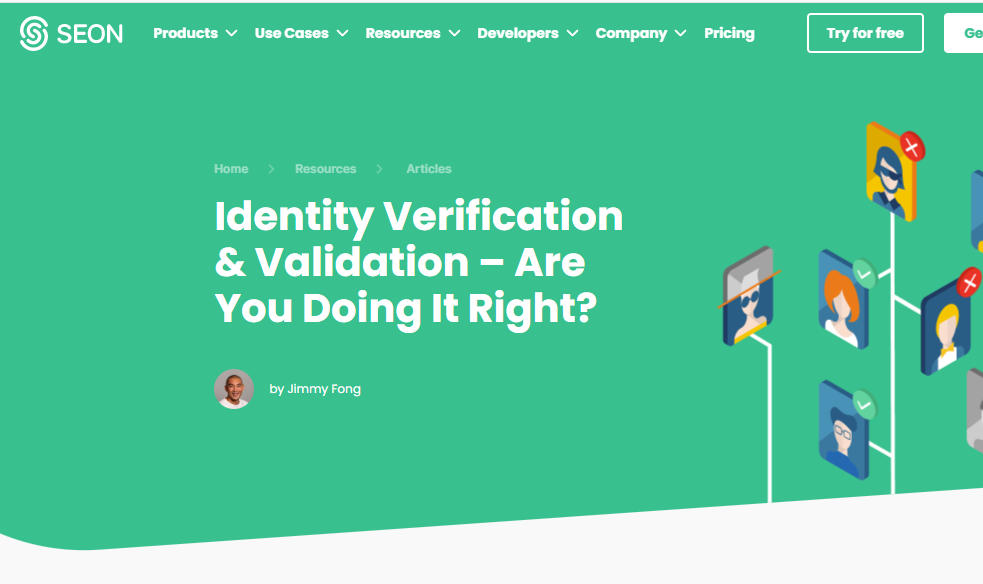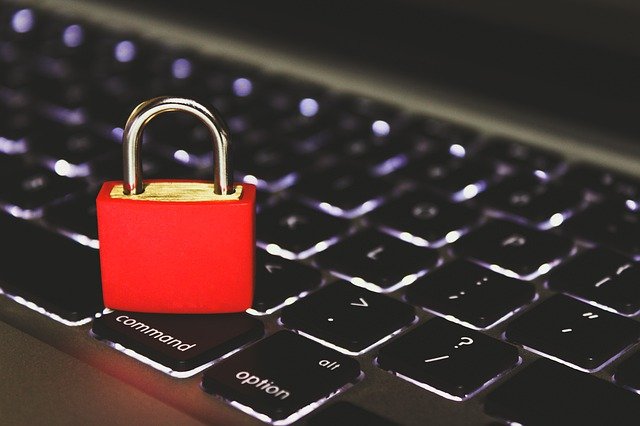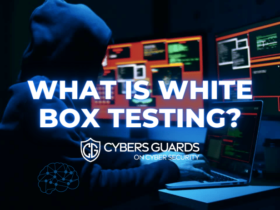Every business, large or small, needs to have some internal controls in place to prevent and detect fraud. Fraud can come in many different forms, from embezzlement of funds to the use of company credit cards for personal expenses. In this blog post, we will discuss the top internal controls that you need to put in place to protect your business from fraud!
#1. Verify Identification Before any Transaction to Prevent Banking Frauds

As we all know, prevention is better than cure. So, it is always good to take some preventive measures to avoid banking fraud. One such measure is to verify the identity of the person with whom you are going to deal before any transaction.
There are many ways to do identity verification. One way is to ask for a government-issued photo ID such as a passport, driver’s license, or national ID card. You can also check the ID against a database to make sure it is genuine.
Another way to verify someone’s identity is to ask for proof of address, such as a utility bill or bank statement. If you are still not sure about the person’s identity, you can ask for additional information such as their date of birth or mother’s maiden name. By taking these simple precautions, you can help to prevent banking fraud. You can also check out this article on banking fraud prevention to get more tips.
#2. Multi-Factor Authentication to Prevent Frauds
Multi-Factor Authentication is an authentication method that requires the use of more than one credential to gain access to a resource. It is also known as Two-Factor Authentication or 2FA. Multi-Factor Authentication adds an additional layer of security to the traditional username and password model, making it more difficult for attackers to gain access to sensitive information.
There are many benefits of using Multi-Factor Authentication, including increased security, reduced fraud, and improved compliance with regulations. Multi-Factor Authentication is a critical component of any security program, and organizations should consider implementing it to help protect their data and systems from unauthorized access.
#3. Establish a Code of Conduct for Employees That Outlines What Is and Is Not Acceptable Behavior
Fraud detection and prevention is a top priority for any business. Establishing a code of conduct for employees helps to ensure that everyone is on the same page when it comes to what is and is not acceptable behavior.
The code of conduct should be easily accessible to all employees, and it should be regularly reviewed and updated as needed. Some key elements to include in the code of conduct are fraud prevention policies, procedures for reporting fraud, and consequences for engaging in fraud.
#4. Conduct Regular Employee Training on How To Identify and Report Fraud
It’s important for every business to have a fraud detection and prevention plan in place. But this plan is only as good as the employees who are tasked with implementing it. That’s why it’s so important to conduct regular employee training on how to identify and report fraud. By keeping your employees up-to-date on the latest fraud trends and teaching them how to spot red flags, you can help to keep your business safe from fraudsters.
In addition, regular training can help to create a culture of Integrity within your organization, which can further deter fraudsters from targeting your business. So don’t hesitate to invest in fraud detection and prevention training for your employees – it could end up saving your business a lot of money in the long run.
#5. Implement Segregation of Duties

In any organization, it is important to have strong controls in place to safeguard assets and ensure the accuracy of financial reporting. One key control is the segregation of duties, which means that no one individual has complete control over a financial transaction. For example, the person who enters vendor invoices should not be able to approve payment of the invoices.
This separation of duties helps to detect and prevent fraud, as well as errors and irregularities. Additionally, it creates an environment of checks and balances, which can help to improve efficiency and accountability. When designing a segregation of duties plan, it is important to carefully consider the organization’s specific needs and make sure that there are enough individuals with the necessary skills and knowledge to carry out their roles.
#6. Require Dual Authorization for All Financial Transactions
In order to prevent fraud and protect the financial interests of the company, all financial transactions should require dual authorization. This means that two employees must approve each transaction before it is processed. This extra level of security will help to ensure that no fraud goes undetected, and it will also give employees a chance to flag any suspicious activity.
In addition, requiring dual authorization will help to build trust between employees and management, as it shows that the company is committed to transparency and accountability. Ultimately, dual authorization is a simple but effective measure that can help to protect the financial interests of any organization.
#7. Perform Independent Audits To Ensure the Accuracy of Financial Statements
Financial statements play an important role in providing insights into the financial health of a business. However, these statements can be susceptible to errors and fraud. That’s why it’s important to perform regular independent audits. Audits can help to detect and prevent fraud, as well as identify errors in financial statements.
For businesses, this is essential for maintaining accurate financial records and preventing fraud. Independent audits can also provide peace of mind to shareholders and other stakeholders. By ensuring the accuracy of financial statements, audits help businesses to operate more transparently and efficiently.
#8. Use Technology To Track and Monitor Employee Activity

Another best way to combat fraud is to use technology to track and monitor employee activity. There are several fraud detection software that can help businesses to detect and prevent fraud. For example, time tracking software can be used to monitor employee hours and make sure that employees are not claiming excessive overtime.
Expense tracking software can help to identify employees who are making personal purchases on company credit cards. And GPS tracking can monitor company vehicles and ensure they are only used for business purposes. By using these tools, businesses can keep a closer eye on their employees and reduce the risk of fraud.
#9. Require Employees to Take Vacations
Vacations can actually be a key fraud prevention tool. When employees are required to take vacations, it provides an opportunity for fraud to be detected. This is because vacationing employees are not around to cover up their fraud. Vacations also give other employees the chance to fill in for those on vacations and potentially uncover any fraud that may be taking place.
After returning from vacation, employees may be more likely to detect fraud that occurred while they were away. Therefore, requiring employees to take breaks can help reduce fraud.
#10. Review Financial Statements Regularly To Look for Unusual Activity or Discrepancies
Financial statements are an important tool for fraud detection and prevention. By reviewing statements regularly, businesses can look for unusual activity or discrepancies that may indicate fraud. For example, businesses may want to look for patterns of excessive spending, unusual transactions, or missing documentation.
By catching potentially fraudulent activity early, businesses can minimize the financial damage and legal liability associated with fraud. As such, regular review of financial statements is an essential part of fraud prevention.
#11. Install Security Cameras in Key Areas of the Business Premises
Security cameras play an important role in fraud detection and prevention. By installing cameras in key areas of the business premises, businesses can deter and detect fraudulent activities. Cameras can also help to identify potential fraudsters and gather evidence to support fraud investigations.
In addition, cameras can deter employees from engaging in fraud, as they know that their actions are being monitored. As a result, security cameras can be a valuable tool in preventing and detecting fraud.
#12. Communications Security Controls
Fraud detection and prevention systems have become essential to modern communications security. By identifying and responding to suspicious activity, these systems help to protect businesses and individuals from fraudsters who are seeking to exploit vulnerabilities.
There are a variety of fraud detection and prevention controls available, and the most effective systems typically employ a combination of these controls. Some of the most common fraud detection and prevention controls include two-factor authentication, data encryption, and fraud monitoring.
#13. Use Strong Passwords and Change Them Frequently
In today’s digital world, it’s more important than ever to keep your personal information safe and secure. One of the best ways to do this is to use strong passwords and change them frequently. fraudsters are always coming up with new ways to access people’s personal information, so it’s important to stay one step ahead of them.
By using strong passwords and changing them regularly, you can help to protect your information from being accessed by unauthorized individuals. Also, if you have a website, it’s crucial to implement cookie hash to detect frauds easily.
Conclusion
Implementing these controls can help your business stay protected against financial losses. Remember, it is important to tailor your internal control procedures to fit your specific company and industry.











FIND US ON SOCIALS